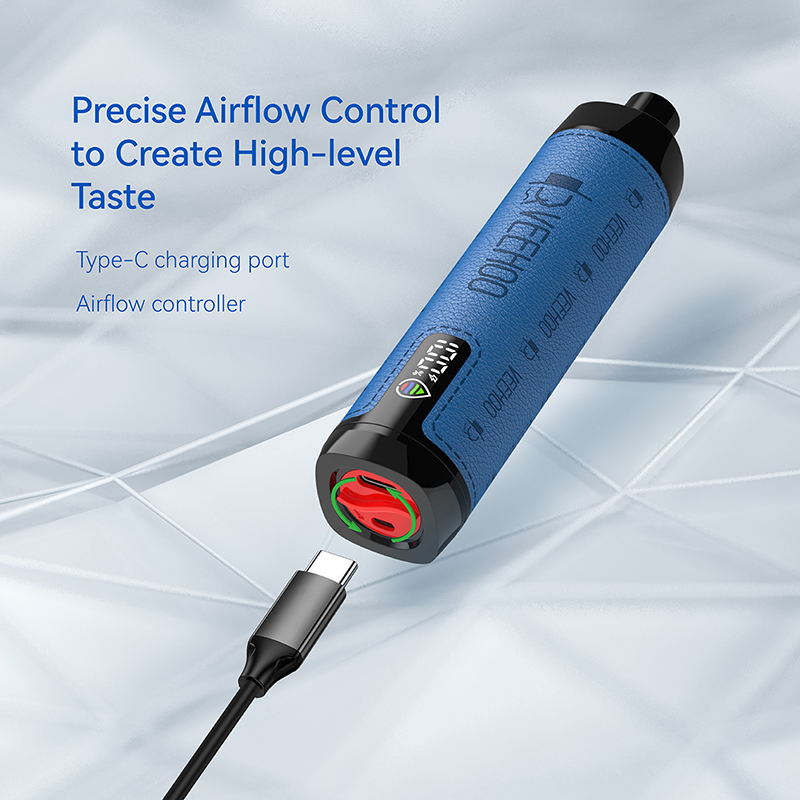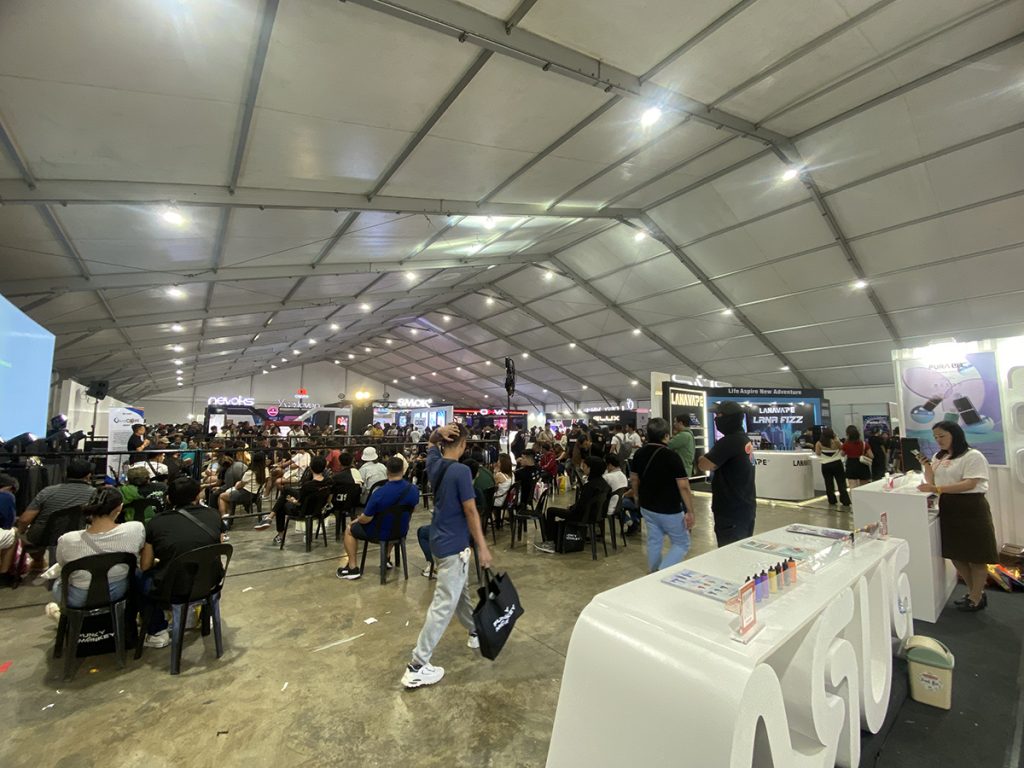Recently, the Philippine Bureau of Internal Revenue (BIR) announced that starting from June 1, 2024, vape products without an internal revenue seal will be confiscated, marking a further tightening of the country’s regulation of the vape market. BIR Director Romeo D. Lumagui Jr. emphasized that manufacturers and importers must pay excise taxes within the stipulated time and comply with tax stamp requirements, otherwise they will face heavy fines and criminal liability.
At the same time, many states in the United States are also strengthening legislative restrictions on vape products. Virginia has confirmed it will ban flavored vapes, but has delayed implementation until a year later. Iowa’s legislative decision awaits Gov. Kim Reynolds’ signature or veto. The legislation, known as the PMTA Registration Act, aims to restrict the vape market in the name of protecting consumers from unregulated products.
Critics say the bills effectively limit people’s options for quitting, while tobacco harm reduction advocates argue banning flavored vapes could force consumers to turn to the illegal market or return to traditional cigarettes. Research shows that for many consumers switching from cigarettes to vapes, flavor choice is crucial.

Tobacco companies take the opposite view, arguing that these bills will help crack down on the illegal tobacco market and ensure that businesses only sell products authorized by the U.S. Food and Drug Administration (FDA). However, critics of these bills worry that small businesses and consumers looking to quit smoking will be the biggest victims.
In Virginia, more than 1,800 jobs could be lost due to a ban on vaping products, and the entire state could lose more than $250 million in economic benefits. Small businesses may also face fines of $1,000 per day for selling unapproved products.
Although Big Tobacco supports these bans, the public is skeptical of their motives. The FDA has been criticized for rejecting a large number of PMTA applications because the submission threshold is high and only large companies with deep pockets have a chance to obtain authorization.
Virginia Representative Rodney Willett (D-Henrico) said that despite the challenges, the FDA’s regulatory process is critical to controlling the large number of vape products coming from China because these products are in most cases “the market Completely unregulated and untaxed”.
As the Philippines and U.S. states increasingly regulate vape products, vape manufacturers, importers and consumers will face new challenges and opportunities.

As regulation of vape products continues to increase in the Philippines and U.S. states, compliance issues have become more pressing for vape manufacturers and importers. As an vape brand that focuses on compliance, Veehoo vapes should take active measures in response to the new order to ensure its compliance and sustainable development. This article will explore Veehoo’s vape strategies and measures to respond to the new order.
Strengthen tax compliance
For the Philippine market, Veehoo vapes should actively comply with the regulations of the National Board of Revenue, ensure that the products are affixed with internal tax seals, and comply with consumption tax payment requirements. They can work with local tax authorities to ensure taxes are paid on time and the relevant stamps are obtained. By adhering to tax compliance requirements, Veehoo vapes are able to avoid hefty fines and criminal liability and maintain a good corporate reputation.
Innovative product design
Facing the restrictions of the ban on flavored vapes, Veehoo vapes can meet the needs of consumers through innovative product design. They can develop new flavor alternatives or other innovative products to provide variety while complying with regulatory requirements. Through continuous R&D and innovation, Veehoo vapes can remain competitive in the market, attract consumers and expand business.
Strengthen brand compliance promotion
Veehoo vapes can enhance public awareness of their compliance by strengthening brand compliance publicity. They can share their commitment and efforts to compliance with consumers, emphasizing product safety and compliance. Through transparency and proactive compliance promotion, Veehoo vapes can build trust and reputation, attracting more consumers to choose their products.

Find compliance support
Veehoo vapes can actively seek compliance support, including working with industry associations, professional consultants and legal teams. These partners can provide legal and compliance advice to help Veehoo vapes comply with various regulations and standards. By cooperating with professional organizations, Veehoo vapes can keep abreast of the latest regulatory changes and take corresponding measures.
In conclusion:
Faced with the strengthening supervision of the vape market in the Philippines and various states in the United States, Veehoo vapes should prioritize compliance and take proactive measures to respond to the new orders. By strengthening tax compliance, providing authorized products, innovating product design, strengthening brand compliance promotion and seeking compliance support, Veehoo vapes can ensure its legal position in the market and maintain sustainable development. As a responsible vape brand, Veehoo vapes will continue to be committed to providing safe and compliant products, providing consumers with diverse choices, and cooperating with relevant institutions and industry partners to jointly promote the healthy development of the vape market.
Tags: New vape order in the Philippines,Regulation of vape market in Philippines further tightened,veehoo vape